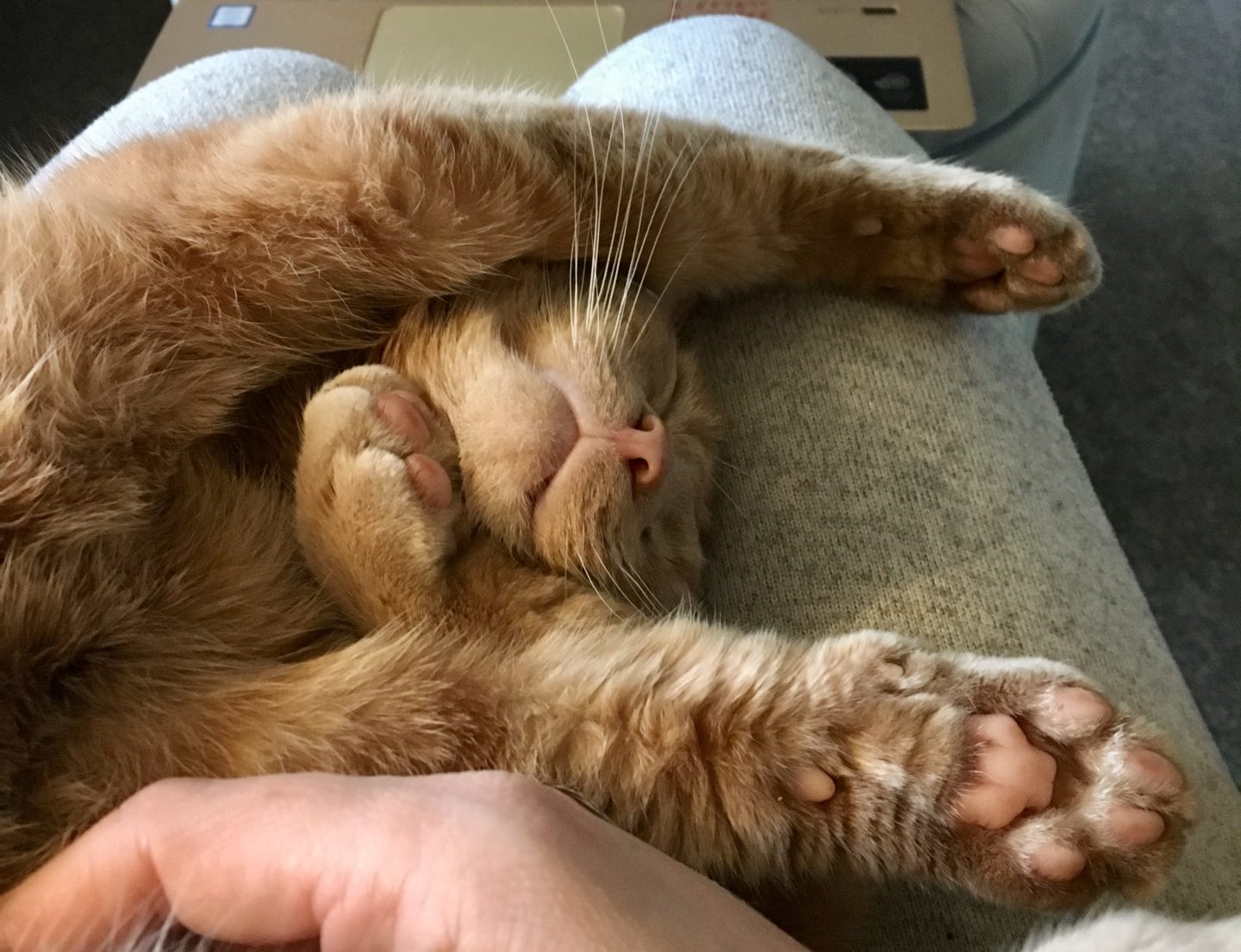If you want to sleep like a baby, or at least feel better than you do right now, you have to eat right.
It’s as simple as that.
When your diet isn’t balanced, you can feel sluggish, tired, and irritable — even when you get enough rest at night. And trust us, getting enough sleep at night isn’t always easy, even when you know how to do it properly.
If you’re sick and tired of counting sheep to get to sleep, don’t worry—there are ways to knock out fast and stay asleep through the night!
This website offers aromatherapy’s soothing power for your and your baby’s sleep!
Eating foods that provide the proper diet helps you get the right amount of sleep, and the right amount of sleep keeps your body in top form to deliver the right results at work and in your personal life.
One way to get the right amount of sleep is to eat right before you go to bed. Eating the wrong things at night can lead to headaches, poor memory, and restless sleep that prevents you from getting enough rest.
Here are some tips on eating right before bed so you can get just enough sleep and feel refreshed in the morning.
How Does Food Affect Your Sleep?
Eating certain foods, especially those high in sugar, can make it more difficult to fall asleep at night.
Increased blood sugar levels stimulate your brain, making it more active. In addition, these foods can lead to insulin production that may cause an energy crash later in the evening when you’re trying to fall asleep.
Stick with complex carbs—such as whole grains or brown rice—that digest slowly and release glucose into your bloodstream over time.
Avoid processed carbohydrates like white bread, crackers, pretzels, sugary cereals and pastries before bedtime.
Check out Chewwies cherry flavoured Iron and Vitamin C gummies, which help reduce fatigue and tiredness.
Foods to Avoid
Here’s an underestimated component to sound sleep; Avoid foods that disrupt your circadian rhythm.
Avoid sugary foods, for example, which can cause blood sugar spikes followed by sudden drops that make it difficult to fall asleep.
Dairy products are another no-no; they contain tryptophan, an amino acid responsible for regulating mood and inducing drowsiness.
We also know how fun it is to unwind after dinner with a glass of wine or beer. But is it really a good idea while you’re getting ready for bed?
Absolutely not!
Studies have shown that there’s a link between alcohol consumption and sleep disorders, like insomnia and REM behaviour disorder.
Lastly, it’s recommended to avoid caffeinated drinks as well since the stimulant effects of caffeine may increase wakefulness when it’s time for bed.
Try These Better Alternatives
In your pursuit of a good night’s rest, you should always opt for natural supplements that can soothe your body.
Melatonin is one of these health supplements.
A 2013 study from Tel Aviv University found that melatonin supplements and multivitamins helped people fall asleep faster.
To check out these Vegan Strawberry flavoured gummies enriched with multivitamins with a blend of nutrients and antioxidants to keep you glowing all day long visit this page!
Snack Wisely
Stick to healthy, low-calorie snacks throughout your day.
Fatty, high-carb foods like chips and pastries make great snacks—in small doses. But if you’re prone to nighttime snacking, steer clear of these foods for optimal sleep quality.
Try coconut water or black coffee (without sugar) if you need an afternoon pick-me-up snack.
Caffeine from decaf sources is OK too. Be mindful not to have too much caffeine, though—more than 500 mg can affect sleep quality, so don’t go overboard with the tea or espresso!
Conclusion
We’re humans, and our bodies will always crave sleep at night, but it doesn’t necessarily mean that we’ll be able to get enough sleep.
Many of us suffer from sleepless nights because we’re just unaware that there are several things we can do to enhance our sleep quality and good health.
Eating right is one such way to help improve your sleep quality.
We recommend eating about two hours before bed so your food does not disturb your sleep patterns. Additionally, drinking tea or coffee before bedtime may disrupt the natural cycle of your brain and the natural release of melatonin which helps regulate your sleep-wake cycle.
This post was featured by Twinkl in their Sleep Blog

